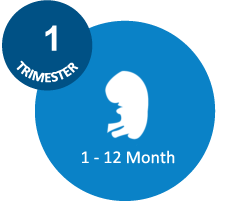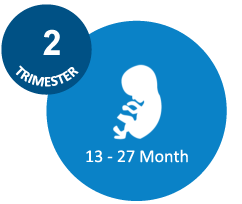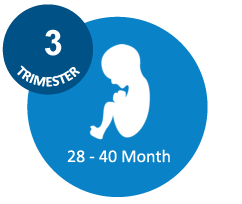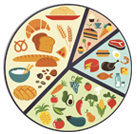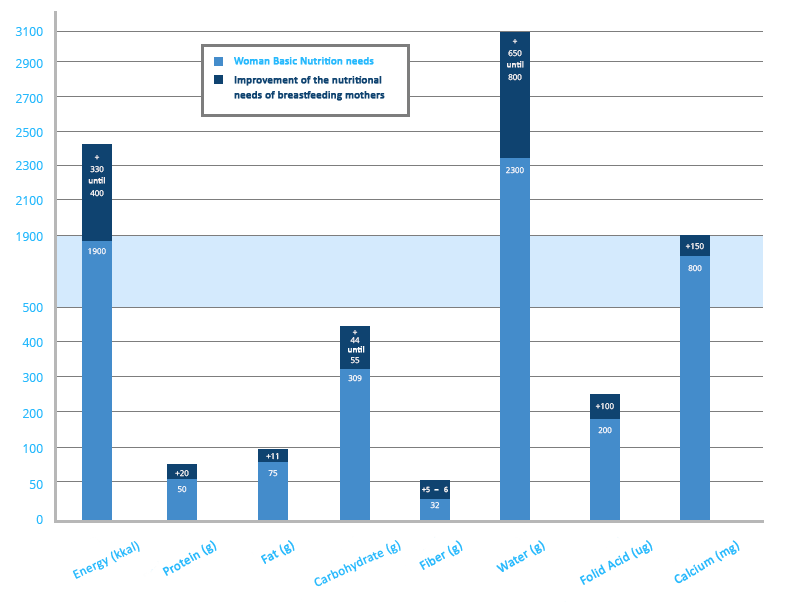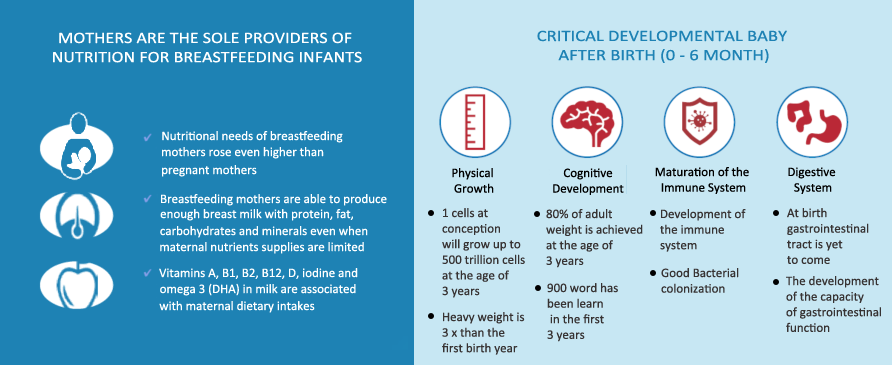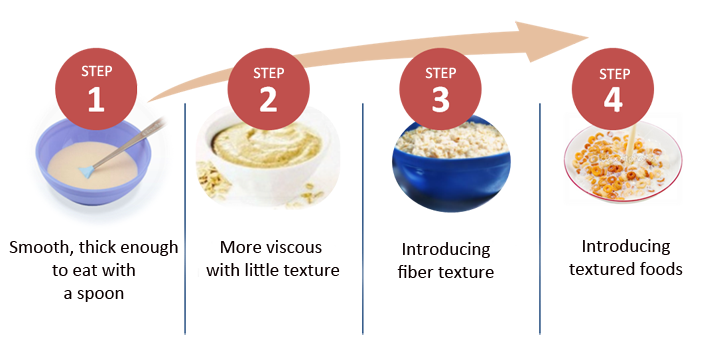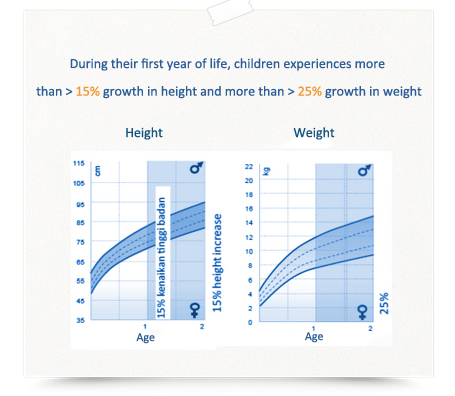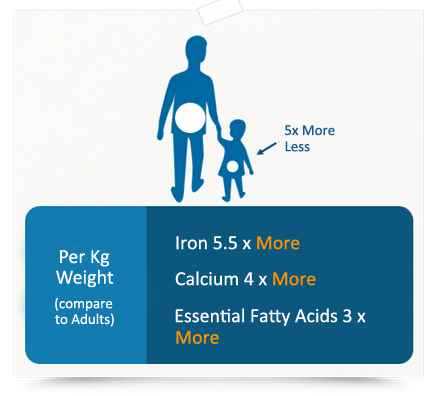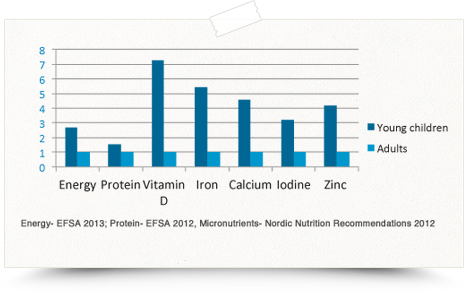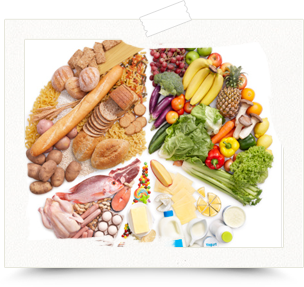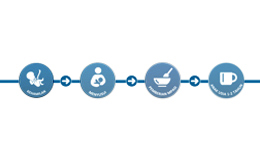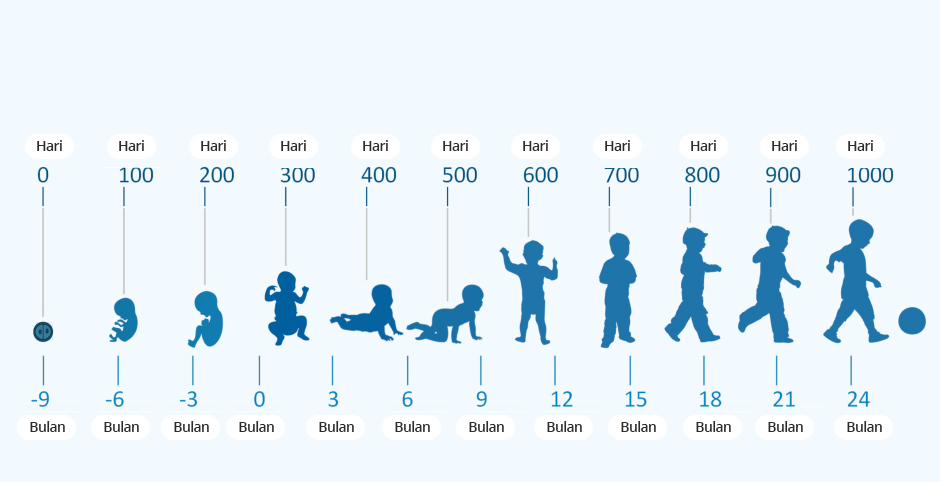
Breastfeeding decreases the risk of:
- Breast & ovarian cancer type II Diabetes
- Cardiovascular disease *
Breastfeeding plays a central role in mobilising fat stores accumulated during pregnancy thus helping a mother return to her pre-pregnancy weight.
Breastfeeding “reset" maternal metabolism, thereby reducing maternal risk for metabolic disease.**
*Ballard, 2013, **Stuebe, 2009

Short Term Benefits
Protection against gastrointestinal and respiratory infection and allergy.*
Longer Term Benefits
1. Associated with lower incidences of obesity, diabetes
2. Lower levels of cholesterol and blood pressure
3. Higher performance in intelligence tests **
(not all studies have demonstrated these benefits conclusively it depends on sample size, timings of end point measurement)
*ESPGHAN, 2009, **Kelishadi et al, 2014

Breastfeeding has benefits for mother & child.
The close contact between the mother and child stimulates the mother to make antibodies and to secrete these in her breast milk.




